Historians Bruno Strasser and Thomas Schlich have released a new book, "The Mask," which explores the multifaceted significance of masks throughout history and across cultures. The book, published by Yale University Press in 2025, delves into the various meanings and functions of masks, from ancient theatrical performances to modern-day medical practices.
According to Strasser and Schlich, masks have signified hope and despair, courage and cowardice, a sense of community and a sense of selfishness. Their discussions cover a wide range of topics, including plagues and gas attacks in World War I and present-day urban smog and surgery, while addressing the crucial issue of mask efficacy. Strasser, a historian, and Schlich, a former physician, bring a unique perspective to the subject, drawing on their expertise in history and medicine.
The book is finely illustrated, featuring images of masks from around the world. Strasser and Schlich's account is engaging and accessible, making it a valuable resource for readers interested in history, anthropology, and medicine. "We wanted to explore the many ways in which masks have been used and perceived throughout history," Strasser said in an interview. "From ancient Greece to modern-day hospitals, masks have played a significant role in shaping our understanding of identity, community, and disease."
In addition to "The Mask," two other books have been released in 2025 that explore the history and culture of the ancient Maya civilization. "The Maya Myths" by anthropologist Mallory Matsumoto examines the mythology and symbolism of the Maya, including their preoccupation with the natural world and their use of hieroglyphs. Matsumoto notes that while much of the Maya mythology has been deciphered, about one-third of the 1,000 distinct hieroglyphs remain to be understood.
Matsumoto's book provides a fascinating glimpse into the culture and worldview of the ancient Maya. "The Maya were deeply concerned with the natural world and the cycles of time," Matsumoto said in an interview. "Their mythology reflects this preoccupation, with stories of creation, destruction, and renewal." "The Maya Myths" is a valuable resource for readers interested in anthropology, history, and cultural studies.
Meanwhile, "Outcast" by Oliver Bascia explores the experiences of individuals who have been marginalized or excluded from society. While not directly related to the Maya or masks, the book provides a thought-provoking exploration of the human condition and the ways in which we perceive and treat those who are different from us.
The release of these books in 2025 reflects a growing interest in the history and culture of the ancient Maya civilization and the significance of masks throughout history. As historians and scholars continue to explore these topics, we gain a deeper understanding of the complexities of human culture and the ways in which we have perceived and interacted with one another throughout history.
In terms of next developments, it is likely that these books will spark further research and discussion in the fields of history, anthropology, and medicine. Scholars and researchers may build on the work of Strasser, Schlich, Matsumoto, and Bascia, exploring new topics and perspectives related to the Maya and masks. As our understanding of these subjects continues to evolve, we may gain new insights into the human experience and the ways in which we have shaped our world.
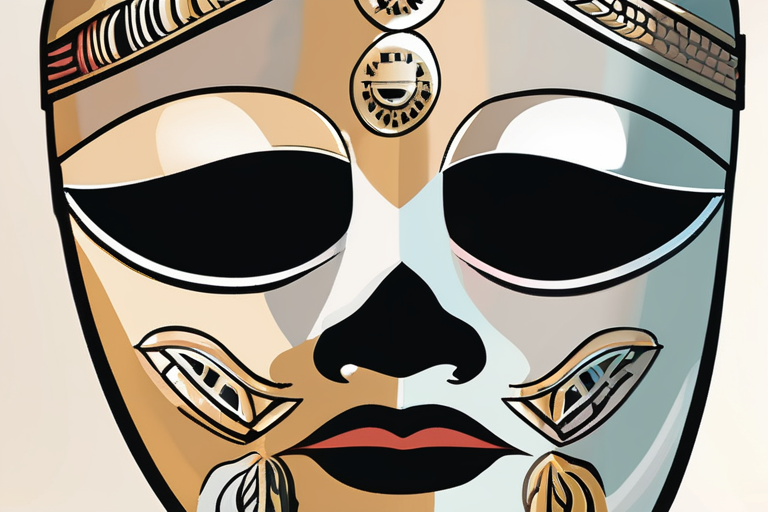


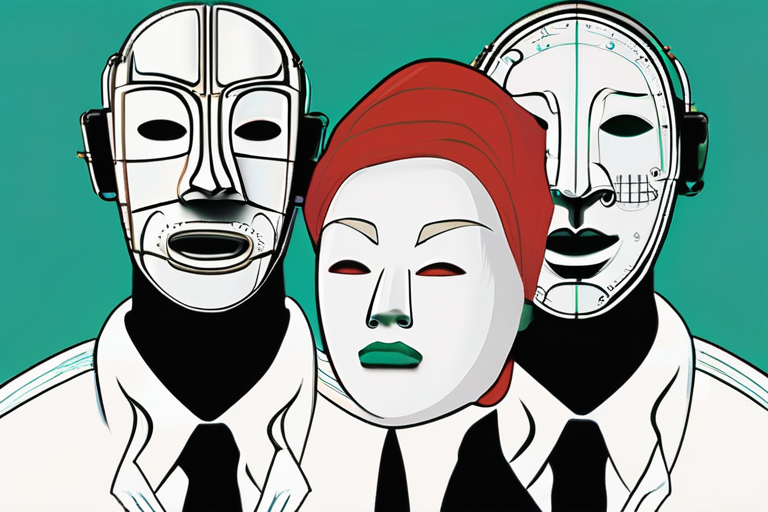


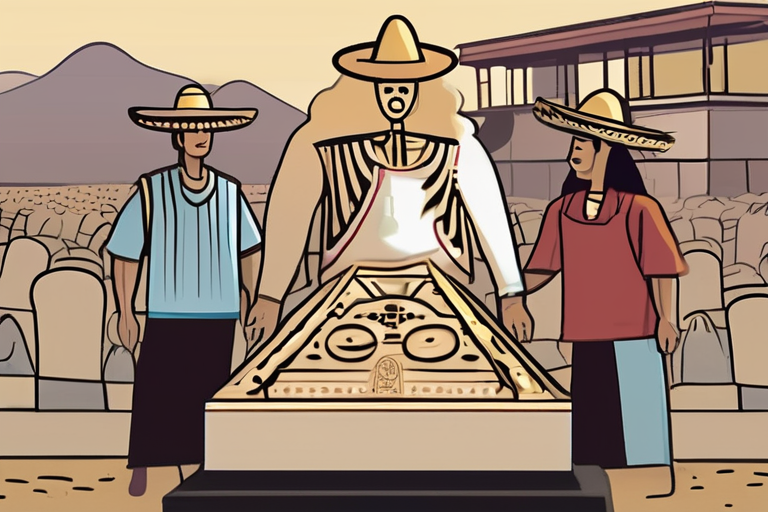











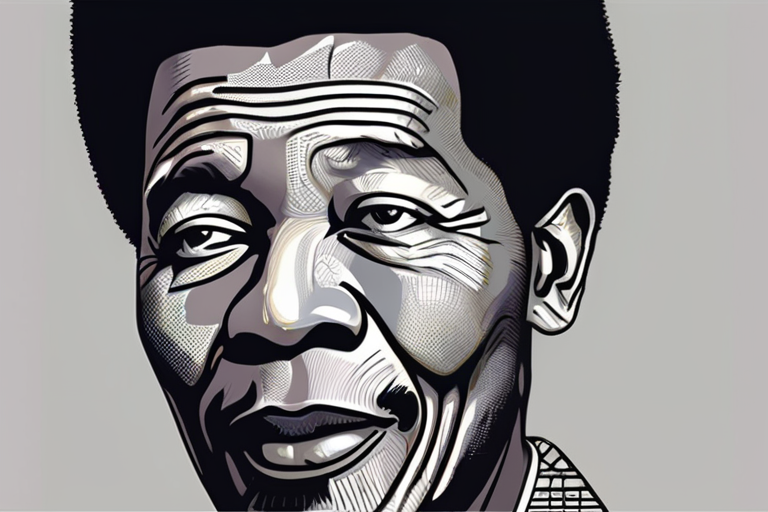
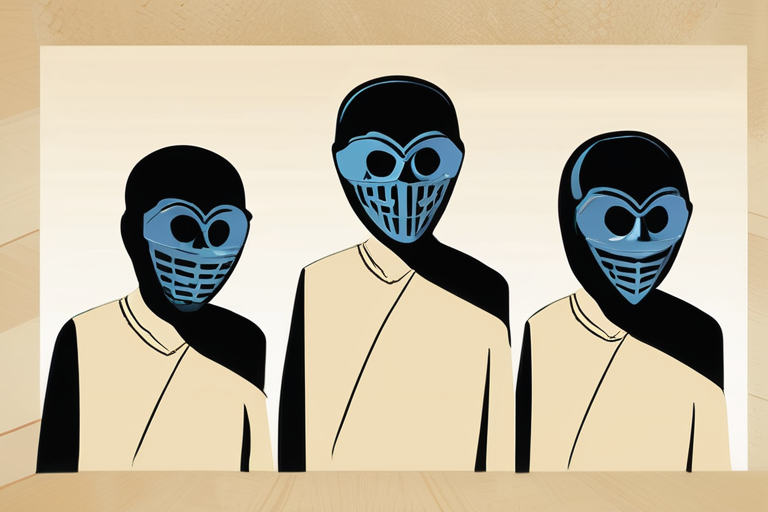
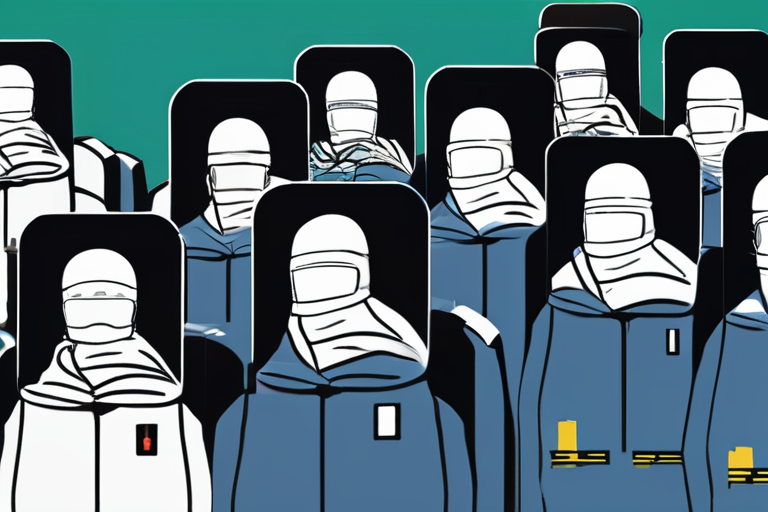
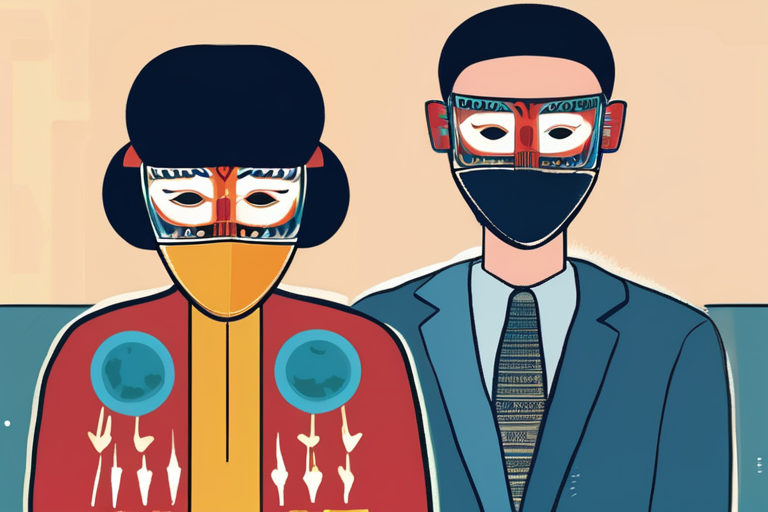



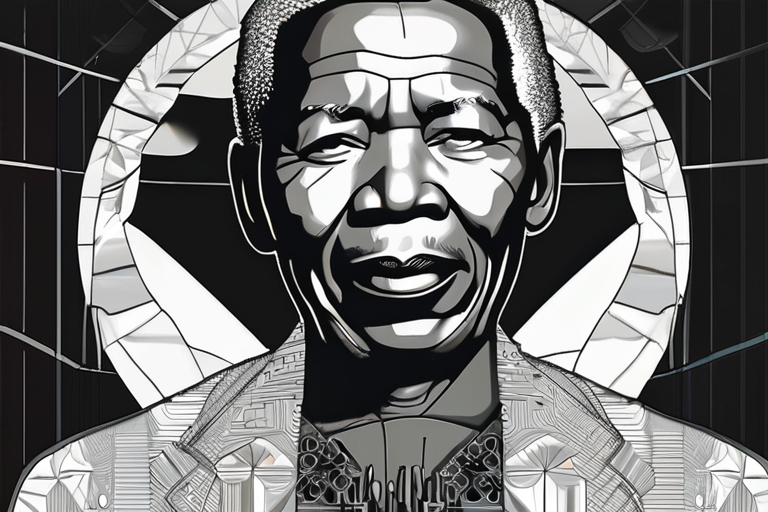

Share & Engage Share
Share this article